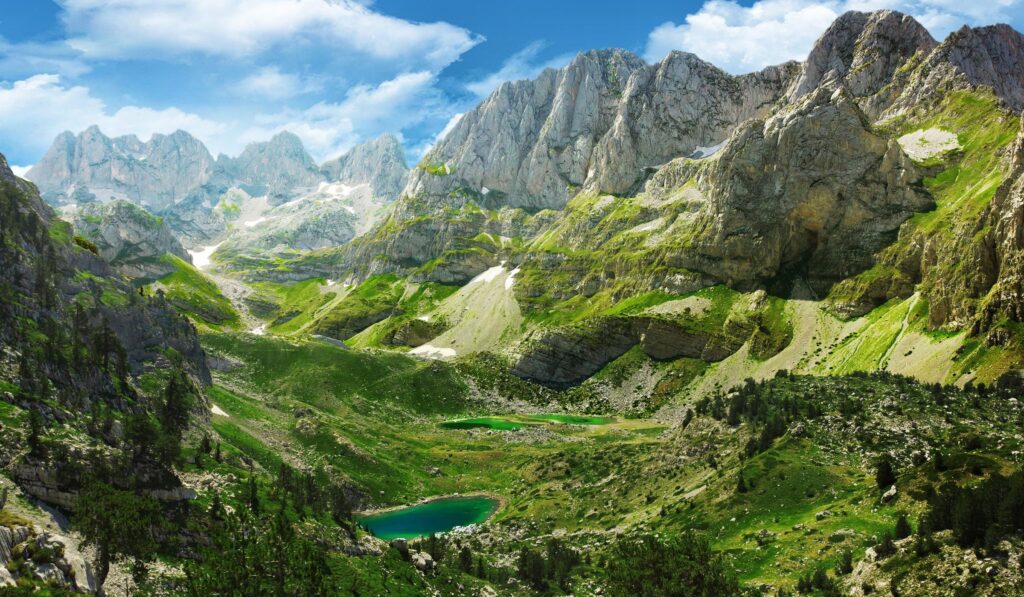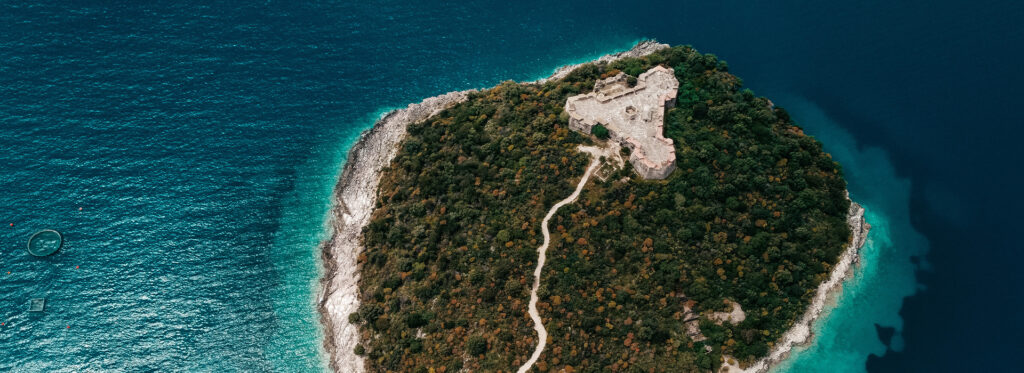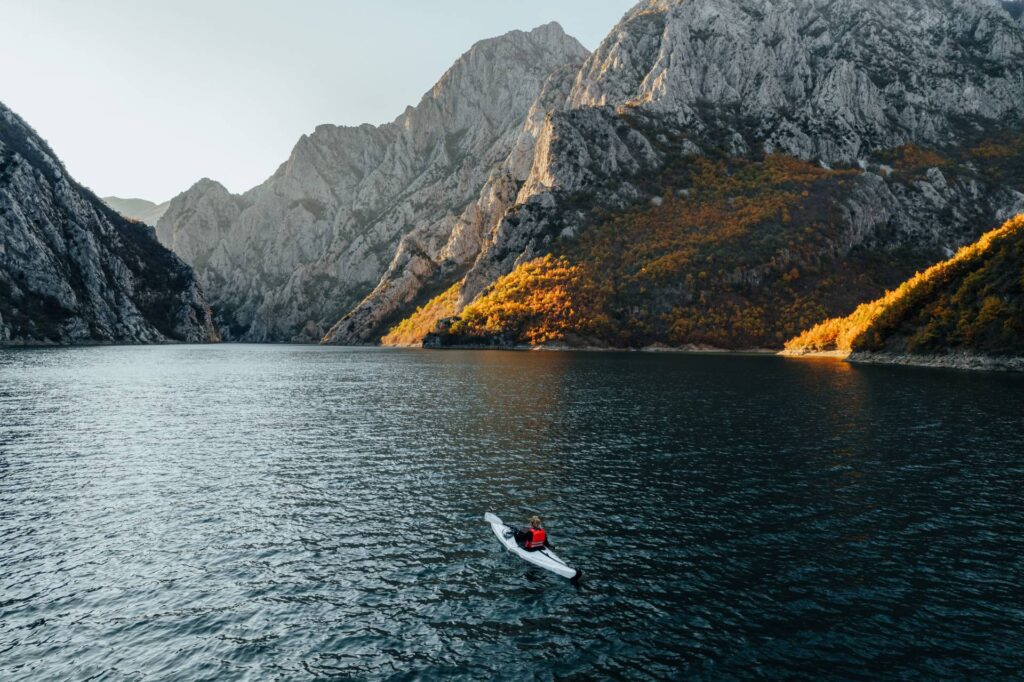About Albania
Discover Albania: A Journey Through History and Scenic Beauty
Albania is a land where history and nature seamlessly intertwine, offering an unforgettable experience for those who wish to explore its ancient roots and breathtaking landscapes. Nestled in the heart of the Balkans, Albania has always held a pivotal role in the region, with its strategic location at the crossroads of Europe and Asia. But beyond its geographical significance, Albania is a country shaped by millennia of history, rich cultural heritage, and resilient people.
A Land Steeped in Ancient Heritage
Albania’s story dates back to some of the earliest human settlements in Europe. Archaeological discoveries across the country, from the ancient ruins of Lepenica in Vlora to the Neolithic sites in Korça, reveal that Albania was home to thriving communities over 100,000 years ago. The richness of the country’s prehistoric past is evident in the numerous sites that have been uncovered, particularly during the Paleolithic and Neolithic periods, providing evidence of a vibrant culture long before the written word.
By the dawn of the third millennium BC, the region witnessed the arrival of Indo-European peoples, marking the beginning of a new era with the birth of the Pelasgians—ancestors of the Illyrians. These ancient tribes formed the backbone of Albanian culture, influencing the entire Balkan Peninsula. Over centuries, Albania’s historical narrative continued to evolve, with the region falling under the Roman Empire and later the Byzantine Empire. Though conquered, the people of Albania maintained their distinct identity, language, and traditions throughout the ages.
The Heroic Resistance and National Identity
The history of Albania is also one of fierce resistance and national pride. In the 15th century, Albania became the center of European resistance against the Ottoman Empire. Led by the legendary Gjergj Kastrioti, better known as Skanderbeg, Albania fiercely defended its independence for over two decades, rallying under the banner of the League of Lezhë in 1444. Skanderbeg’s valiant efforts are still a source of immense pride for Albanians today, as he embodied the spirit of freedom that would continue to resonate through the centuries.
Despite Skanderbeg’s death in 1468, the struggle for Albanian independence never fully subsided, and it reemerged during the 19th century, with the Albanian National Renaissance inspiring a new wave of resistance. This culminated in the declaration of Albanian independence on November 28, 1912, marking the birth of the modern Albanian state. However, the country’s borders were disputed by neighboring states, leading to further challenges in securing its sovereignty.
A Journey Through Turbulent Times to Modernity
The early 20th century saw Albania navigate a turbulent path, with political upheaval and foreign occupation. Under King Zog I, Albania experienced a period of modernization and reform, though it was interrupted by the invasions of Mussolini’s fascist forces in 1939 and later, Nazi Germany during World War II. After the war, Albania fell under a strict communist regime that isolated the country from the world for nearly half a century.
The fall of communism in the early 1990s marked a dramatic shift for Albania. Emerging from decades of political and economic isolation, Albania embraced democratic reforms and a market economy. The country has worked tirelessly to reshape its future, seeking integration with Europe through both NATO membership in 2009 and ongoing efforts to join the European Union.
Albania Today: A Tourist’s Paradise
Today, Albania is not only a country with a fascinating history, but also a land of unparalleled beauty. From its pristine beaches along the Ionian and Adriatic seas to the rugged mountains and lush valleys, Albania’s diverse landscapes offer something for every type of traveler. Its ancient cities like Berat, Gjirokastër, and Butrint, a UNESCO World Heritage site, invite visitors to step back in time and explore the remnants of past civilizations. Meanwhile, modern Albanian cities such as Tirana offer a vibrant, cosmopolitan atmosphere where tradition and contemporary life coalesce.
Albania’s tourism sector is rapidly growing, driven by its unspoiled natural beauty, rich history, and warm hospitality. Whether you’re hiking in the Albanian Alps, soaking in the sun on the beaches of Ksamil, or discovering the hidden gems of its ancient cities, Albania promises a journey like no other.
For those seeking to connect with a land that has weathered the tests of time, Albania offers a unique opportunity to experience a country in the midst of transformation, while still holding on to the traditions that have shaped it for millennia. Come, explore Albania – a land where history and nature meet, where the past speaks, and the future beckons.



